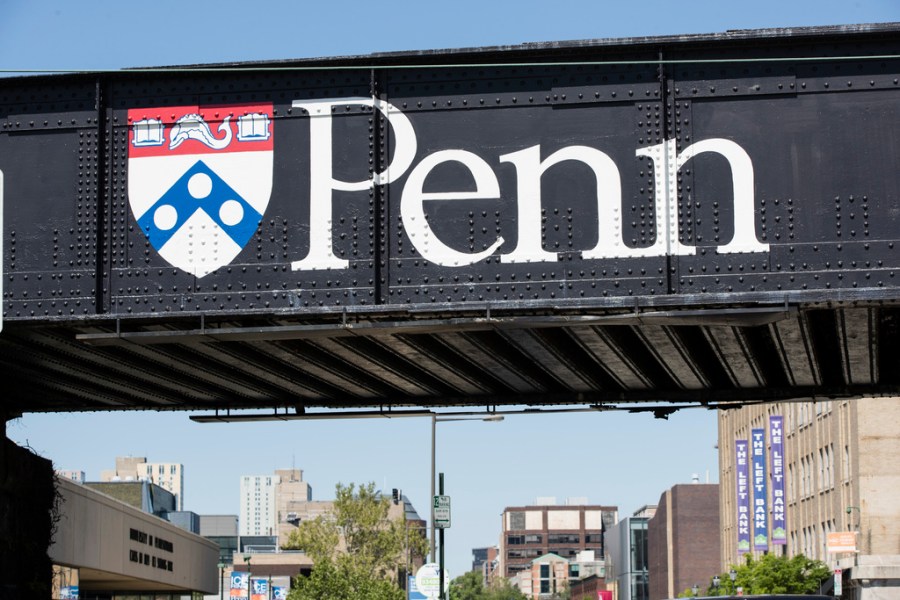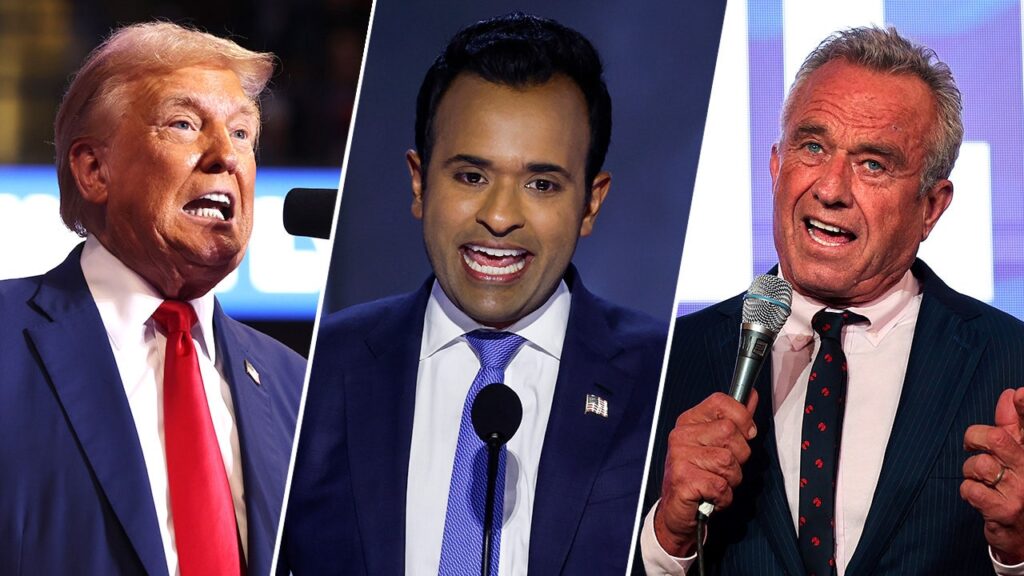
If you write for newspapers and websites, you receive a lot of email from readers. Sometimes it’s incoherent or simply off the point. And if you have a Jewish last name, it can be antisemitic as well. (“What kind of a name is Zimmerman?” is usually a good tip-off for that.)
But now and then, I’ll get a note that rings so true that I wish everyone could read it. And that happened last week, when a young man wrote me about his recent experience attending an elite American college.
The elite schools are under enormous fire from the Trump administration, which recently announced that it is investigating 60 colleges and universities for “antisemitic discrimination and harassment.” A few days later it said it was scrutinizing 52 schools for using “racial preferences and stereotypes in education programs and activities,” in violation of its earlier order to eliminate programs related to diversity, equity and inclusion.
Have a look at the schools named by the administration, and you’ll see many of the usual suspects: Harvard, MIT, Stanford, and so on. And it canceled $400 million in grants and contracts to Columbia, which the White House said won’t be restored until the school pledges to arrest and remove “agitators.”
But the real problem at our elite schools isn’t racism, or antisemitism, or wokeism. It’s cynicism.
We proclaim our devotion to free inquiry, but we don’t live by it. And our students know it.
That’s the main theme of the note I got last week. The writer — whom I won’t identify, to protect his privacy — said his humanities classes promoted ideological conformity, not curiosity.
“Oh my god it seemed like no topic of conversation existed to them besides racism and colonialism and how evil white people are,” he recalled. “Half of their class discussions were whine-fests about how hard people of color and LGBT people have it (and I am saying this is a gay man).”
You read that right. My correspondent is gay — and an immigrant, to boot — which is another reason I’m not naming him here. He made it clear he disdains Trump, who has done so much to threaten both immigrant and LGBTQ Americans.
And here’s the kicker: after enduring several years of left-wing groupthink at college, he got a job in the consulting industry. So do large numbers of students at my own institution, the University of Pennsylvania, where 50 percent of graduates enter one of two fields: consulting or finance.
At convocation, when students first arrive on campus, we tell them they can choose to do anything they want with their lives. But somehow, four years later, half of them choose to do the exact same thing.
Despite what you hear on Fox News, we’re not making Marxists. We’re making cynics capable of mouthing a few progressive pieties on their way to Wall Street.
At their best, humanities courses ask students to think about what makes for a good life and for a good world. But at our elite institutions, we have essentially answered that question for them: a good life is one with lots of money. And does anyone think that sending more Penn students to consulting and finance will make a better world? I didn’t think so.
If we respected the values we proclaim, we’d do much more to promote career diversity. We’d encourage our students to enter teaching, social work and public service, instead of selling their souls to the highest bidder.
Most of all, we’d invest in improving college-level instruction. The cookie-cutter classes that my correspondent described won’t open students’ minds to different ideas — or to different futures. But most professors are rewarded for their research, not their teaching, so they don’t have much incentive to change.
“I do want elite institutions to begin showing students that there are life paths that are not consulting or finance related, and I do believe that making students take humanities classes will assist them in figuring out unique paths,” my correspondent wrote. “But elite institutions … would do a better job promoting humanities to their students if they kill the monoculture that has grown around these fields and allow more fresh air to enter them.”
Amen to that. But it’s hard to revive the humanistic spirit when Trump is trying to destroy it.
Like the young man who wrote me, I am appalled — and terrified — by Trump’s attacks on higher education. Trump doesn’t care about antisemitism or discrimination on our campuses. He’s just using those terms to stoke fear and restrain open inquiry, which is the lifeblood of the university.
But if we’re honest, we will admit that we have too often flouted that ideal. The fault, dear professors, is not just in Trump. It is in ourselves.
Jonathan Zimmerman teaches education and history at the University of Pennsylvania and serves on the advisory board of the Albert Lepage Center for History in the Public Interest.


